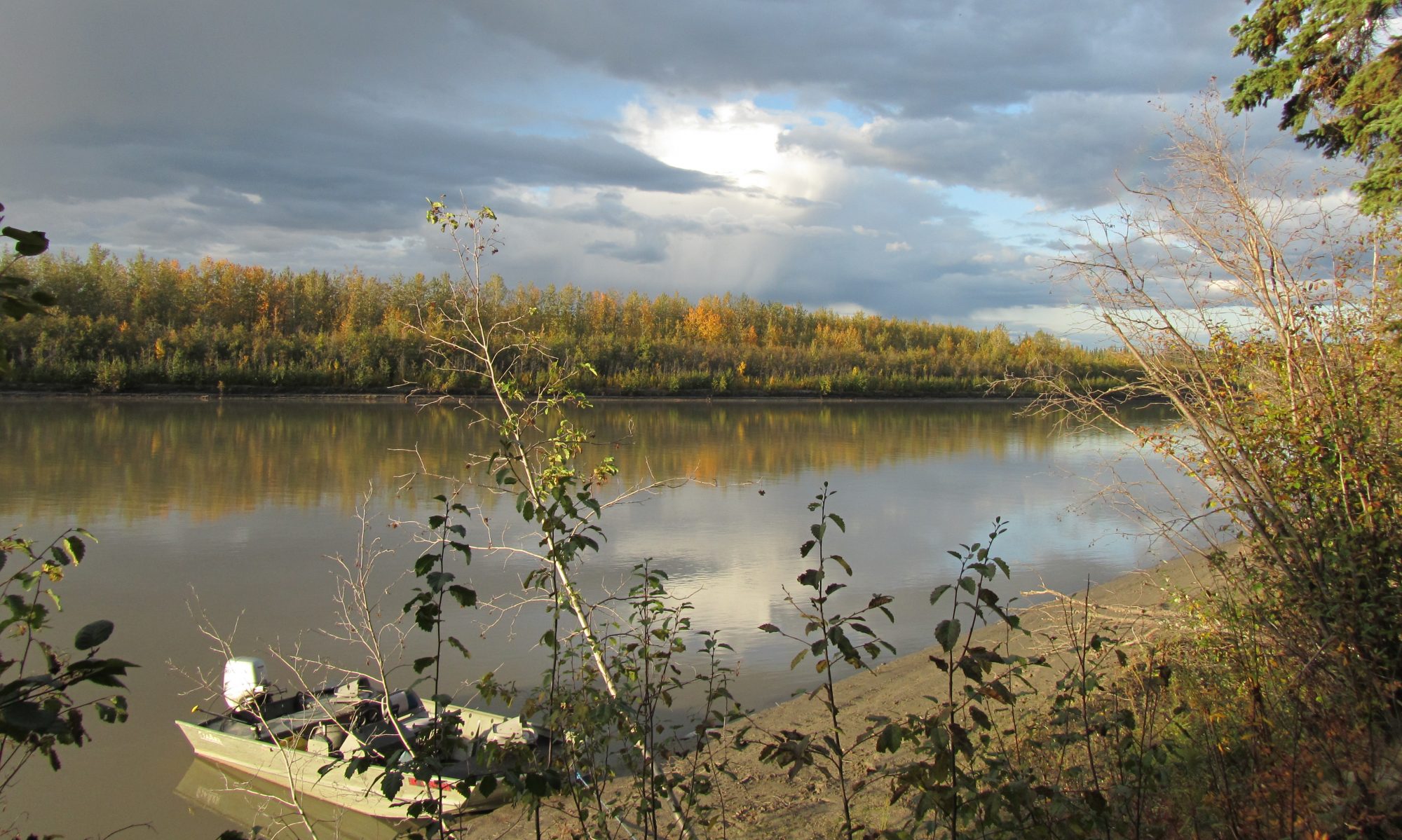Over 300 people gathered January 30-31 in Palm Springs, California to convene at the first annual Strengthening Sovereign Responses to Sex Trafficking in Indian Country conference, on the traditional land of the Agua Caliente peoples. Alaska Native and American Indian community and tribal representatives met with federal agencies, advocates, survivors, sexual assault experts and other national and federal partners from across Native nations, including Alaska.
The organization hosting was the Minnesota Indian Women’s Sexual Assault Coalition (MIWSAC), which shared the story about how years ago, they started hearing anecdotes of sex trafficking in their state; they collected those stories and it became the basis of their research into the topic published in Garden of Truth (2011). Now MIWSAC is one of the leading Native organizations working to end sex trafficking. Also known as human trafficking or modern slavery, sex trafficking is the use of force, coercion, or manipulation for commercial sexual exploitation. Traffickers target a community’s most vulnerable and there are a variety of areas of susceptibility.
When we think of labels, we self-organize conceptually. We put people and things in boxes. We organize the state in our mind as those who are sex trafficked and those who are not sex trafficked, with all our friends, family and acquaintances — seemingly everyone we know — being the latter.
Sex traffickers don’t think that way; they don’t see someone in the box of “not trafficked’, and decide not to touch them. All they see is vulnerability, and too many of our Alaska Native and rural community members are the target.
Is there anyone who might come to mind that you know who may lack a social safety net? Someone under duress from economic hardship? What about someone emotionally vulnerable, suffering from low self-esteem and self-worth, or someone who just needs to get by and has suffered from abuse before? One of the informational focuses of the conference is being able to see the shades of trafficking, and breaking down those conceptual boxes.
Because in those terms, names may come to mind. In these scenarios, those who find themselves, for example, intimidated into performing a sex act so they have a place to stay also might not think of themselves using the term “trafficked,’ but they are. Maybe some think their trafficker is their boyfriend or girlfriend; their trafficker could be a family member. The lack of awareness about sex trafficking in our state is such that many might not be able to identify themselves as being trafficked, or even what that is, or may not be in a position to connect to resources. People often just call it, “the life.’
At the conference, advocates, service providers, government and law enforcement officials and many more were able to learn about the most pressing needs to prevent trafficking and how to support survivors, hearing from survivors themselves. One survivor shared that she honestly didn’t think she was trafficked, she just thought that it was just her way of surviving and having a measure of control.
A representative from Covenant House Alaska spoke at a plenary session about how specifically Alaska Native girls get lured to the city with the promise of a living situation and a job, to find out that it’s not what they thought it would be. Sometimes girls in “the life’ might recruit other girls, like cousins or friends. Some might even find it to be of equal challenges to the struggles faced in their home communities.
But just as the issue was shared and discussed by national experts working in this field, so were solutions.
We know that indigenous women have been sexually exploited on this continent for hundreds of years, as a way to break down Native social structures and institute patriarchy. Modern sex trafficking is a symptom of colonization, and protecting and growing a strong social fabric is part of the work of decolonization. Every community member has a role in being a strong advocate to those in our sphere, and we all have a role in reweaving that social fabric where it is ripped, weak, torn or frayed.
There is a very real need for resources for safe housing, shelters and spaces in our communities so that people wanting to escape a bad situation are able to do so. There is a need for awareness for what our cousins are doing, what our nieces’ lives look like, or if our friends are truly okay. And there needs to be education in our industries and in transportation, of what to look for and what to do if someone suspects a person is being trafficked.
They say in Alaska that everyone knows everyone. If you’re Native, you’re doubly all related.
That goes for Alaska’s most vulnerable, because they are our family members. Ending sex trafficking in Alaska — it is on all of us to be good relatives.
